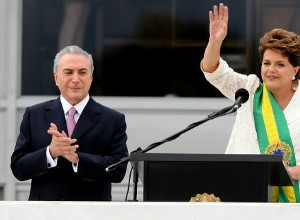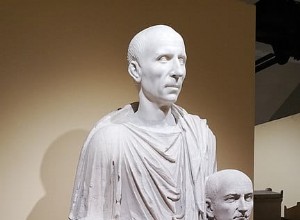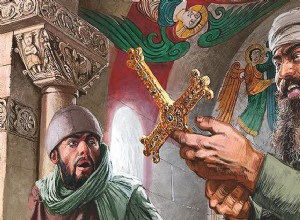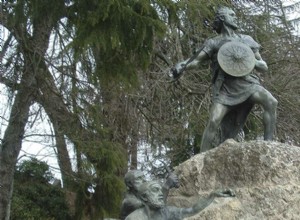The impeachment of Dilma Rousseff took place on August 31, 2016 and was the second in the history of the Brazilian Republic. Dilma Vana Rousseff , president of the Federative Republic of Brazil since January 2011 (re-elected in the 2014 elections), was removed from office on August 31, 2016 through




